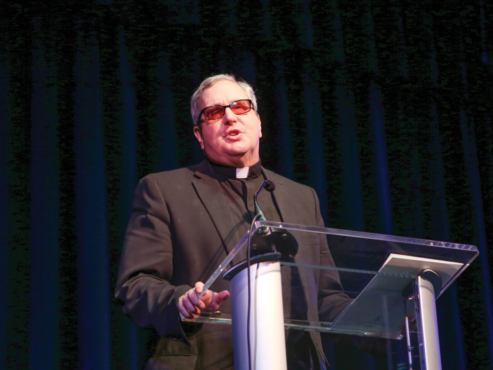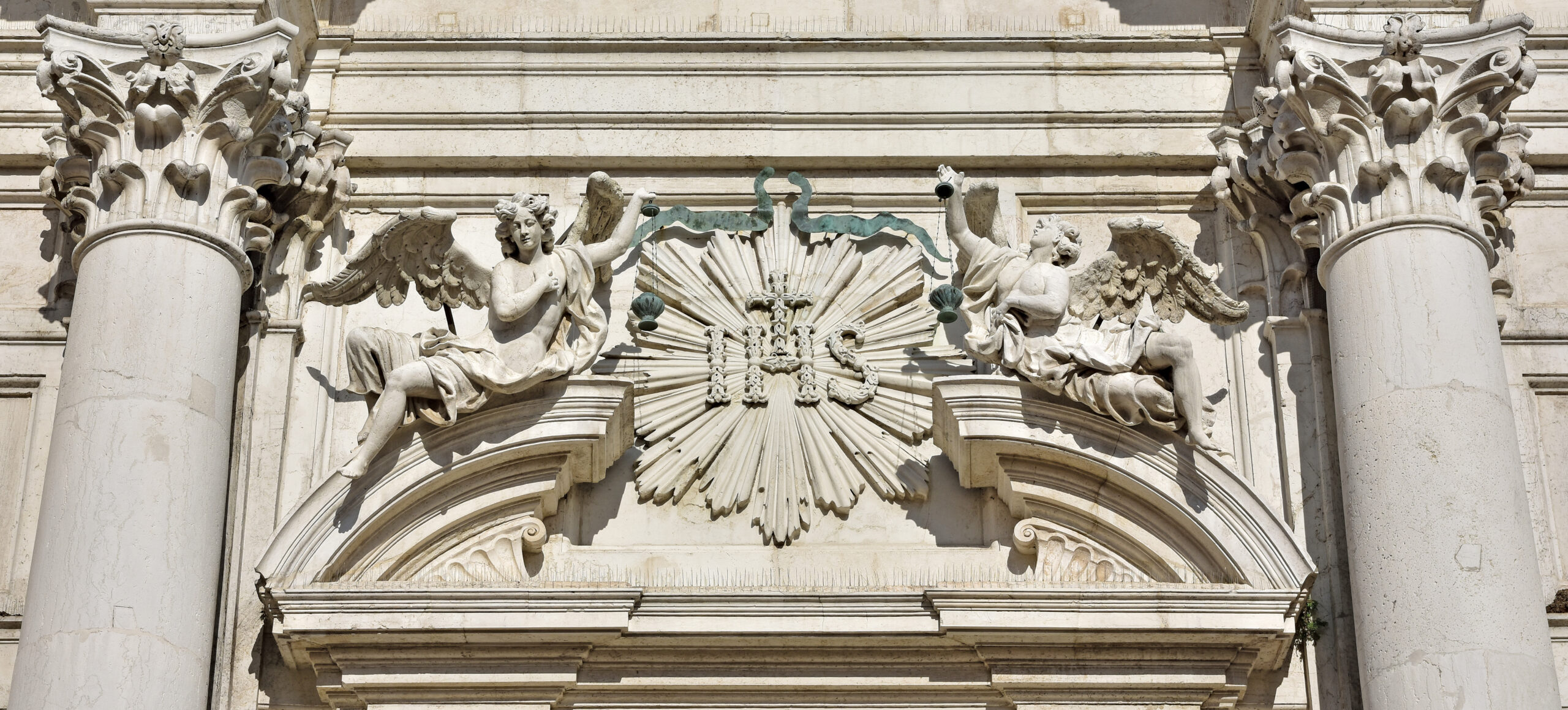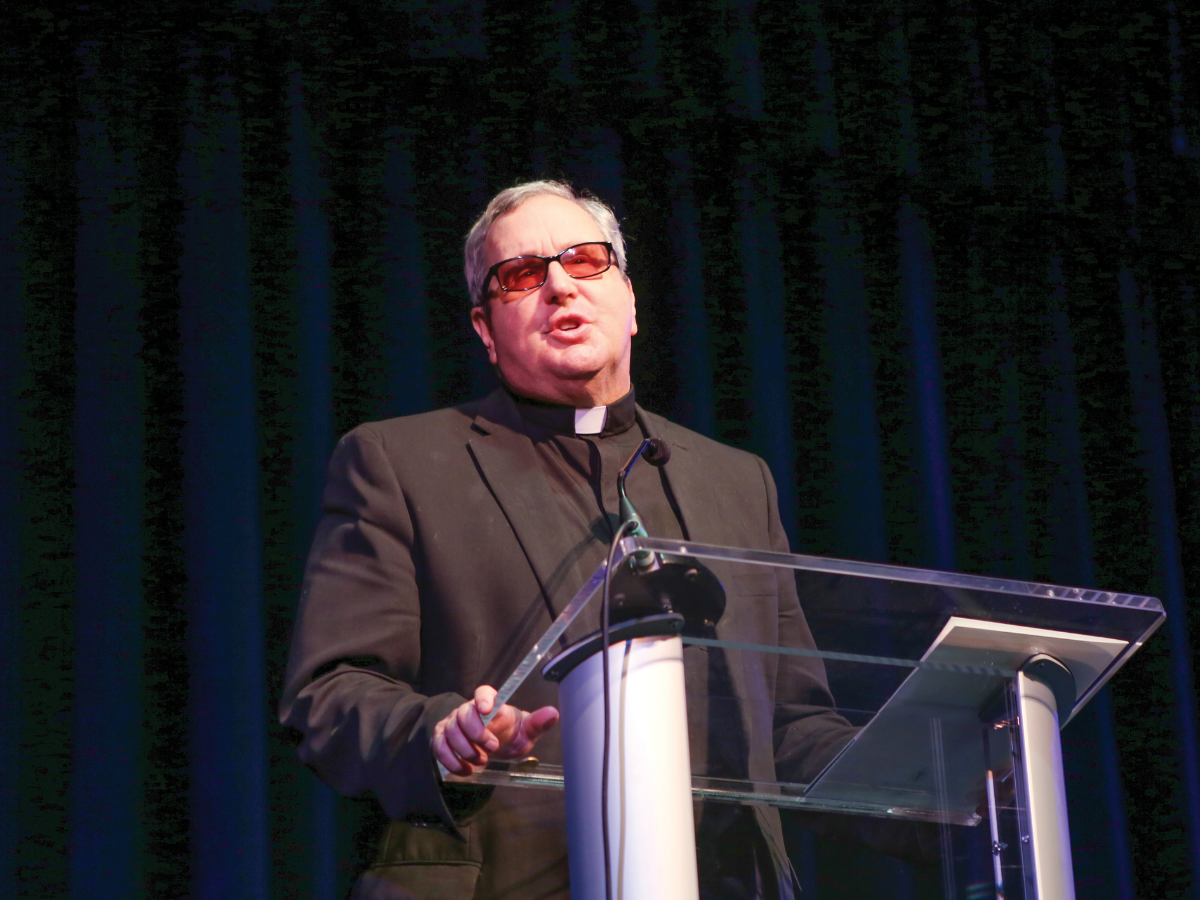 At 16 years of age Ignatius of Loyola was sent to serve as a page in the household of John Velasquez. There he developed a taste for all he found, especially the ladies. He loved to gamble, could be contentious with other men and he engaged in swordplay from time to time. He went about for years in the dress of a fighting man.
At 16 years of age Ignatius of Loyola was sent to serve as a page in the household of John Velasquez. There he developed a taste for all he found, especially the ladies. He loved to gamble, could be contentious with other men and he engaged in swordplay from time to time. He went about for years in the dress of a fighting man.
But 500 years ago, on May 20, in a failed attempt to defend the city of Pamplona, Ignatius’ leg was shattered by a cannonball. Shattered too was what he assumed his life was going to be. During his long convalescence— months of pain and uncertainty, doubt and darkness—he asked for romance novels to pass the time but the only things he found to read in the castle were a Life of Jesus and a book about the Lives of the Saints. He had been baptized a Catholic at his birth, but these books of meditations initiated a slow process of greater conversion. He began to let go of his dreams of courtly life and centered his life not on himself but on God. He began “to see all things new in Christ.”
He became one of the most influential figures in the Roman Catholic Counter-Reformation in the 16th century and founded the Society of Jesus (Jesuits) in Paris in 1534. Earlier, during the 1520s, while encountering the Scriptures, Ignatius began writing about the emotions that had taken hold of him—feelings of gratitude and anguish, consolation and sadness. Those meditations eventually became the Spiritual Exercises, which were first published in 1548.
The book is a compilation of meditations, prayers and descriptions of other contemplative practices. It is not a book to be read from beginning to end. It is more like a handbook, especially for use by spiritual directors who accompany and guide people through his dynamic process of reflection. Ignatius believed that stretching oneself spiritually was as important as an athlete following his or her conditioning regime. Its aim is to help people develop their attentiveness, openness and responsiveness to God.
The Exercises are organized into four sections called “weeks.” These are steps along the path of spiritual freedom and collaboration with God’s activity in the world. Jesuits typically make the Exercises in literally four weeks, during what is known as the 30-day retreat or simply “The Long Retreat,” and they do so typically at a retreat house with a spiritual director. But there are other iterations for those who don’t have the ability to be away from their responsibilities for that long.
The first week of the Exercises is a time of reflection on our lives in light of God’s boundless love for us. The meditations and prayers of the second week teach retreatants how to follow Christ as his disciples. They are brought to decide to change their lives to do Christ’s work in the world and to love him more intimately. During the third week retreatants they meditate on Christ’s last supper, passion and death. In the final week they reflect on Jesus’ resurrection and his apparitions to his disciples.
Jesuit spiritual formation is so strong that a Jesuit could be sent anywhere and maintain his spiritual equilibrium. You find contemporary Jesuits as university and high school teachers and administrators, but you also find them as scientists. Pierre Teilhard de Chardin was a French paleontologist, theologian, philosopher and teacher. Guy Consomagno is the current director of the Vatican Observatory; he said, “The connection between Ignatius’ spirituality and my own scientific work is clear, at least to me. ‘Finding God in all things’ means studying things, finding God in the universe.’”
The Diocese of Orange has been served well by the Jesuits. For 10 years various Jesuits served as priests at Our Lady of Guadalupe parish in Delhi. Fr. Gordon Moreland served as the director of the House of Prayer for Priests for more than 30 years. Currently three Jesuits serve in the Diocese: Fr. Francis Vu, chaplain at the University of Irvine, Fr. Robert Spitzer who celebrates daily Mass at the Cathedral, and Fr. Allan Deck is a program consultant at the Loyola Institute for Spirituality in Orange.
Over the centuries many believers have made Ignatius of Loyola’s prayer their own:
“Take, Lord, receive all my liberty, my memory, my understanding, my whole will, all that I have and all that I possess. You gave it all to me, Lord; I give it all back to you. Do with it as you will, according to your good pleasure. Give me your love and your grace; for with this I have all that I need.”


